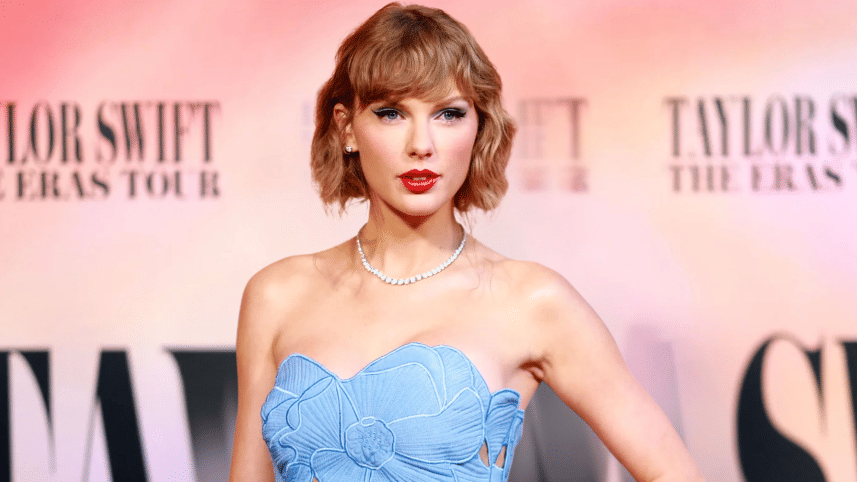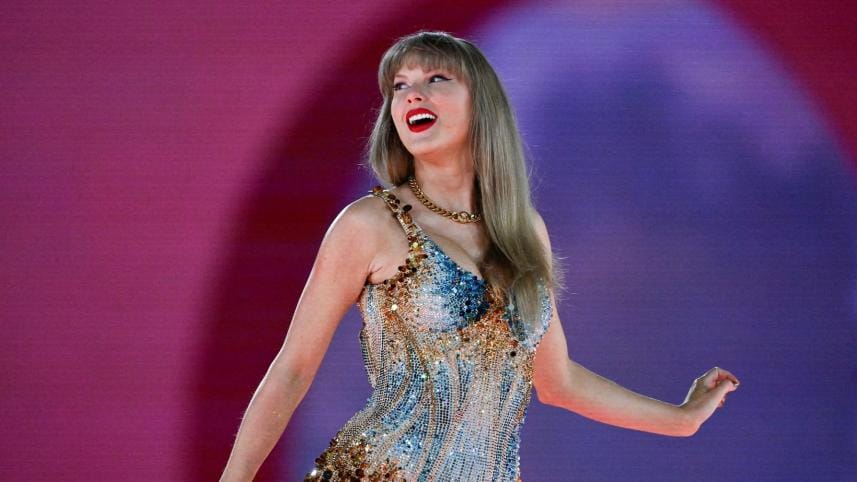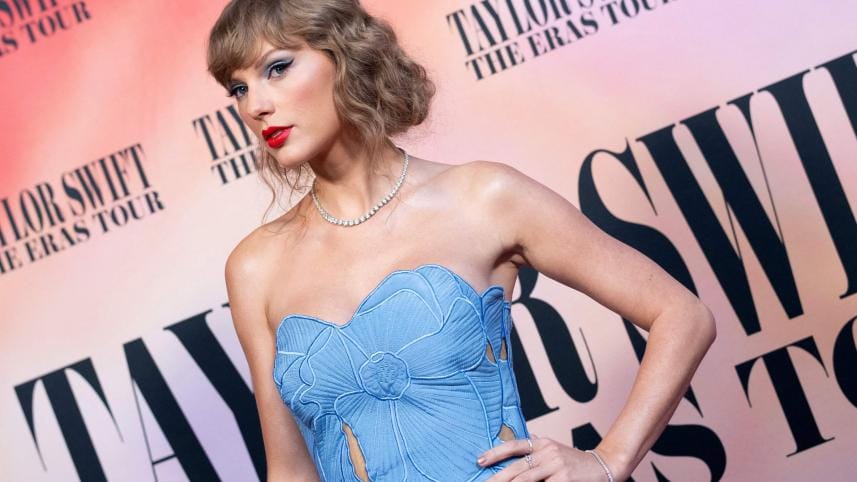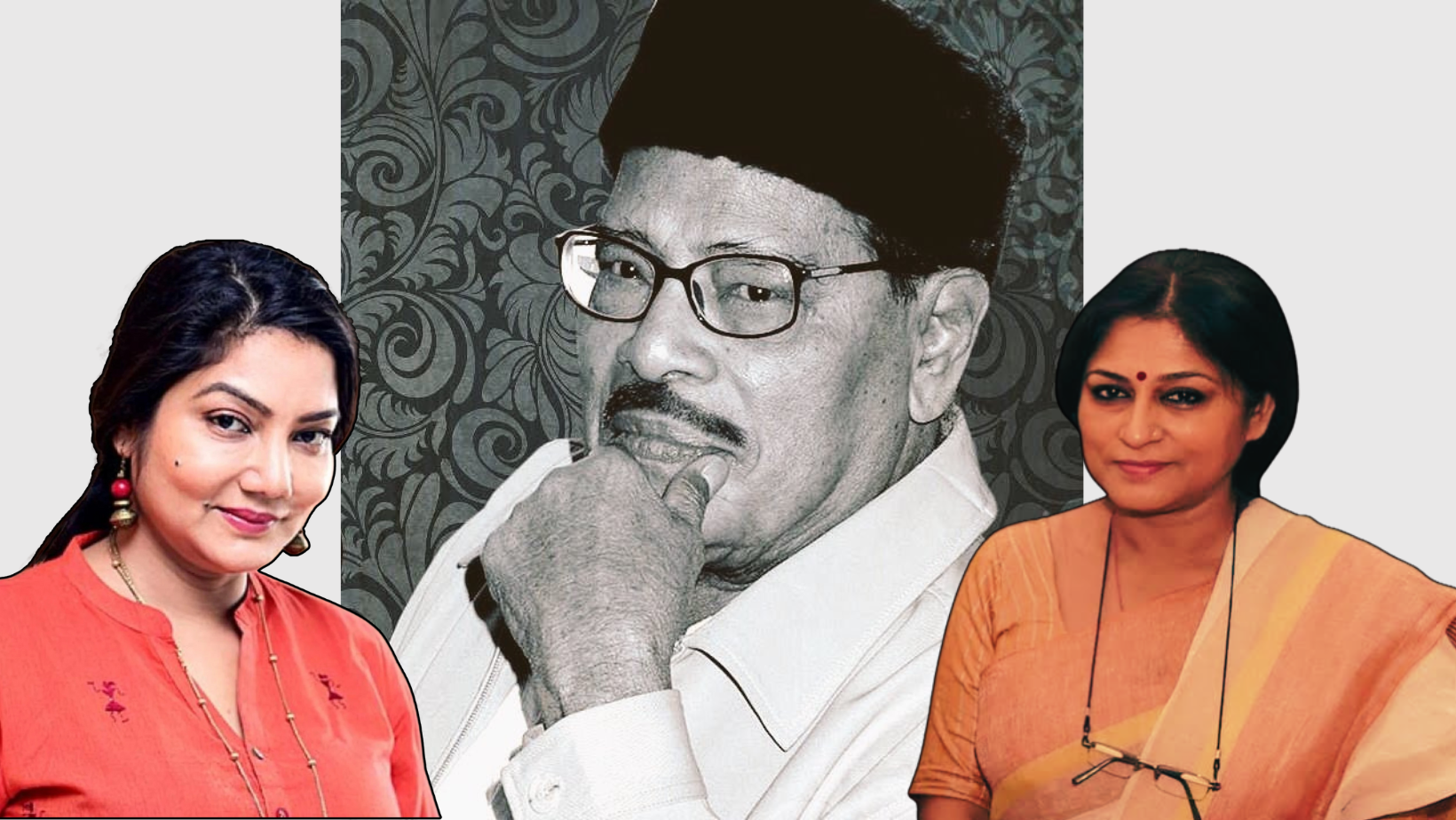When loyalty becomes a shield: Taylor Swift and the cult of approval

Is Taylor Swift incapable of making a bad album? Well, The Rolling Stones certainly thinks so. The last two albums they gave a 4.5 rating to "Evermore" and "Folklore" and every single album that followed afterwards got a perfect score of 5 out of 5.
In the years since, Taylor has put out six albums, secured two more Album of the Year Grammys, making her the only artiste in history with four AOTYs and saw her sales skyrocket. With the exception of "Evermore", every release, including the re-recorded "1989 (Taylor's Versions)" with a few vault tracks, posted massive chart and sales numbers. She also staged the highest-grossing tour in history, then issued the Eras Tour film while still on the road, which became the top-grossing concert film ever and helped her reach billionaire status in 2024. Analysts estimate the Eras run added billions to US . GDP, with visible spikes in travel, hotels, restaurants, merchandise, and ticket sales. This ripple effect caused it to have its own name called the "Taylor Swift economy."
Taylor is deemed too big to fail now and she thinks so too and it is apparent in the albums that she has released post-tour. The songs sound like a bunch of internet buzzwords woven together in a millennial attempt at trying to relate to Gen Z. I would consider myself a fan till the rerelease of "Red." "Evermore" and "Folklore" are in my opinion one of the best albums released this decade.

This degraded craft, shallow lyrics, and lazy production is frankly insulting to listeners, particularly given how deliberately audience-facing this project is. Even if you set the pop leaning tracks to the side, her Track 5 tradition, long associated with gut wrenching and somber standouts like "My Tears Ricochet", "tolerate it", and "All Too Well" appears to be pulled from a phrase trending on the internet at one point rather than a fully formed concept. The line "Every eldest daughter was the first lamb to the slaughter, so we all dressed up as wolves and we looked fire" reaches for weight and collapses on "we looked fire." The way she says "I'm not a bad bitch, this isn't savage" in the chorus with a melancholic register, proves that she is being very much serious. It is not a dumbed down parodical version of the real album, and her songwriting skills have indeed taken a hit since her massive rise to stardom.
Her songwriting is virtually unrecognizable from even when she was a teenager. Her inspirations have dwindled or maybe her skills have since at one point she could write whole albums talking about being enchanted at first sights. Or, when she would spin interconnected tales of three lovers in "Folklore." Now, with being engaged, being a billionaire and the biggest popstar dominating the world and the charts, she resorts to internet slang, immature disses and awkward sexual innuendos. Even the love songs on this album feel uninspired in contrast to the ones on Lover.
With an album like this, it is doubtful whether The Rolling Stones is being genuine or simply succumbing to easy mass appeal or just avoiding drama. In either of the latter cases, that is disappointing to see from a music journalism magazine.
The Swifties are notorious for supporting her to the ends of the world, her ride or die, they would refuse any opinion that even remotely criticises her. There is a degree of victimisation which is borderline infantilising Taylor that comes with that level of obsessive protection. It is the idea that Taylor is just a girl next door, and she just lives her life while other people keep trying to bring her down and it is their sacred duty to keep her safe. After the VMA's incident in 2009 and Reputation in 2017, this behaviour exploded tenfold. Added with the release of Miss Americana documentary in 2020 talking about the behind the scenes of it all, offering an exaggerated one-sided perspective to her life, where she justifies staying away from any kind of controversial activism in fear of losing her hard-earned fame.
Being on X, I have observed closely the stan culture and the mass hysteria that surrounds Taylor, which differs her from other billionaires. Rihanna and Selena Gomez, her contemporaries that have reached the billionaire status, did it through channels other than music. There is a transaction that happens between their consumers. They won't stay billionaires if the quality of the products drops. There is no loyalty that is owed, which isn't the case for Taylor. Her fans will buy records, 4-5 copies of the same album to boost sales and continue to support her, listen to her songs on repeat and spam ratings on user-reviewed rating and voting sites. It's no wonder why she gets almost every single fan voted award.

Of course, there is some hatred that is unwarranted, like her private jet use which ensures her safety as well as prevents public disruption. Targeting one particular overly famous individual who has stalkers following her and giving her threats, for climate issues seems exaggerated. And I don't really mind the fact that she capitalises off of the blind devotion of fans. There are obviously ethical implications to it, but hey if she can get sold out shows in IMAX for a music video release and lyric video of an album already out, good for her.
What makes the fan obsession worse is how subtly Taylor perpetrates it. It works because Swifties overanalyse her every move; in general, as well as during album release seasons in search for clues and easter eggs.
Taylor has taken every comparison and criticism of her music as "pitting women against each other" and made a big part of her persona as being a "girl's girl". Which doesn't make sense as she is an artiste, of course the music she'll put out will be reviewed and criticised if it's not good.
Moreover, her "I swear I don't love the drama it loves me" attitude falls flat with this album. Releasing the diss track "Actually Romantic" as a comeback for Charli XCX's "Sympathy is a Knife" seems unnecessary and emphasizes her obsession with conflict. And the cocky "I like my Friends Cancelled" appears tone deaf since recently she has only been criticised for associating with Republicans through Travis.
Not to mention that the song "Actually Romantic" itself lacks nuance and says barely anything interesting. "Sympathy is a Knife" is a song about Charli's insecurities working in the industry, talking about the inferiority complex she has been pitted against other artistes, especially Taylor. Taylor preys on that complex and says that it feels like a "chihuahua barking at her from a tiny purse" and that she is flattered by Charli's obsession with her.
It's confusing where she'd be offended by Charli's song. The only line that could be a possible diss was when Charli says Taylor breaks up with her then relationship Matty Healy so she didn't have to see her backstage at her boyfriend's show, who is a drummer of the band 1975. Nonetheless, it is her craft and if she wants to make a diss track she can, but at least try to make it interesting.
Taylor Swift's last few albums have fallen into a predictable loop: songs about relationships and recycled feuds. There's nothing inherently wrong with that, but after a while it becomes monotonous. For fans, Taylor's appeal has always centered on her lyricism, often mentioned as her defining strength when she's contrasted with artistes like Beyoncé or Ariana fan debates as a vocalist.
But on "Life of a Showgirl", that lyrical strength falters. Even "Tortured Poets Department" had some lyrically and even sonically good songs like "So Long, London". But here, what should feel personal and well-thought out instead lands as painfully awkward, and Max Martin's production can't rescue the weak writing. It's jarring to remember this is the same duo that once delivered 1989.
The album leans heavily into sexual bravado, but without the wit or charm that could make it fun. Rather than bold, it feels forced like a watered-down attempt to write in Sabrina Carpenter's style, minus the sass which is why we love the artiste. Add to that repeated nods to Travis Kelce, even mentioning his podcast by name, overexposure of her sex life, and exaggerated self-congratulation, the result feels tacky. "He ah-matized me and opened my еyes. Redwood tree, it isn't hard to see, his love was thе key that opened my thighs" you can't be serious.
This is not a full-fledged review on the new album or a hate-filled jab on Taylor Swift. Rather, this is a commentary on the unhealthy parasocial attachment many fans develop. An artiste, at the end of the day, provides a product that we consume. Like all products, the quality should matter and the exchange needs to be transactional. No artiste should be "too big to fail" in the sense that they can spew whatever mess they create as "art" and the masses are supposed to applaud them no matter what and the criticisms will be met with hate online. Fans should stay fans and not become a cult. As someone who used to call herself a Swiftie, it is disappointing to see the deterioration of a good artiste owing to complacency.



 For all latest news, follow The Daily Star's Google News channel.
For all latest news, follow The Daily Star's Google News channel. 
Comments